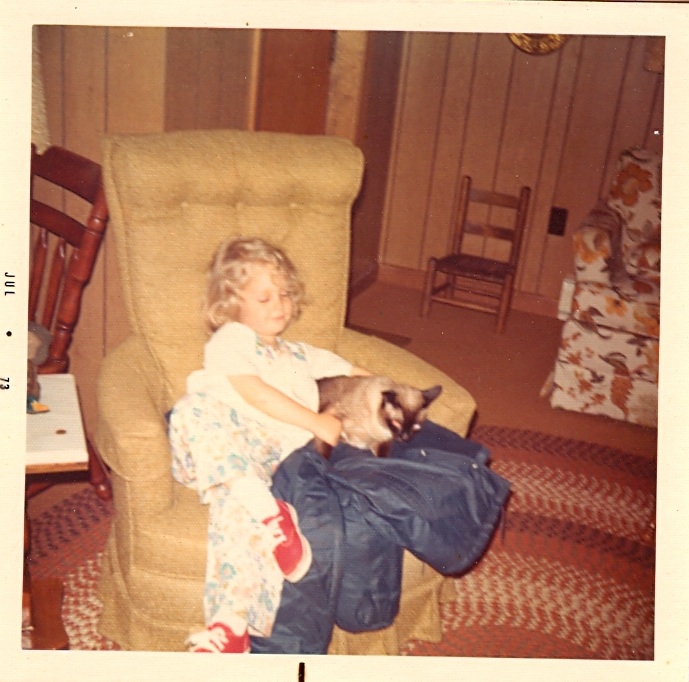I woke up from a too-rare nap on Sunday afternoon with a strong sense of my own mortality, that existential ache that sometimes comes from a nap in the late afternoon in fall or winter. Sleep has been elusive over the past month or so. My awakenings, at 1:30 a.m., 2:30 a.m., 3:00 a.m., have generally been fraught. Anxious. During the day my heart beats out gratitude for my amazing good fortune to be doing what I love while supported by a stable family, comfortable financially, with a child who is doing well. At night I ride a river of anxiety.
Granted, there’s a lot going on. I’ll be moving to a new office at the end of this month, one that I am furnishing, and adding another day to my practice. I’m also picking up an (extremely) part-time job with my agency and have been doing a small proofreading and editing freelance job for them as well. I’m kinda-sorta running my own business and am also finally able to see that I should be a fully licensed therapist by my 50th birthday, which is ten short months away.
But that nap. It came after a family visit that was too much. I was too much—too cranky, too overloaded. I was keenly aware that this Christmas tradition of ours was contingent on all its players being present and that none of us will be here forever. Though it’s the second Christmas since my father died—and it’s been a long time since I saw him in person on the holiday—I felt the permanence of his absence so concretely. My father-in-law’s absence was palpable as well. This small family will morph. Its members will drop off, one by one. I wished a large second family for the boy when he grows up. I wished him a partner that could bring him acceptance, connection, and other people. I worried that we were not enough and that he, too, would too soon have to get used to the contingencies of life, the fact that traditions do not protect you from the necessary shifts, and that sometimes those shifts are the result of earthquakes.
I understand change. Nothing stays the same. I wouldn’t want it to. But I am scared that all of this will shift before I have a chance to see how it plays out. I have no choice but to hold this feeling loosely, to move forward anyway.
The word for 2019 is courage—the courage to live as if it couldn’t all fall away while remembering that it can all fall away; the courage to be present with anxiety while continuing to be grateful; the courage to connect when connection feels scary. I wish courage for me this year, and for you, no matter the way the earth may crackle under our feet. The earth will do what it does. May we be brave, with the presence of mind to choose how we respond.




